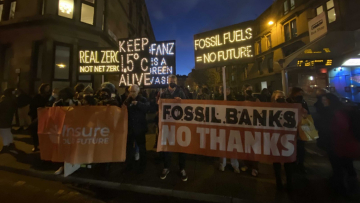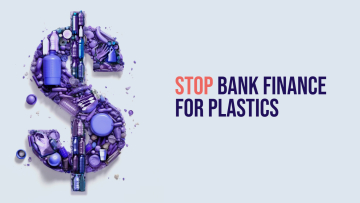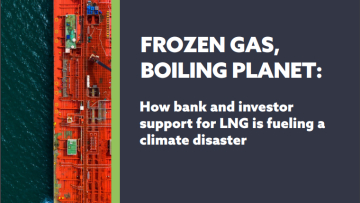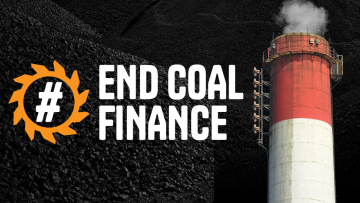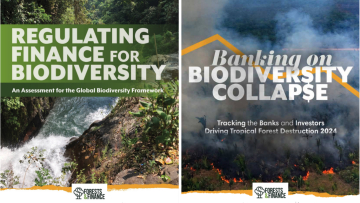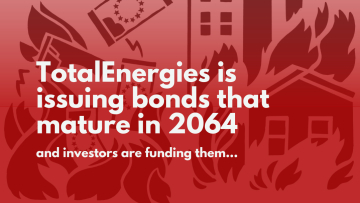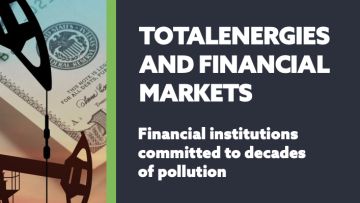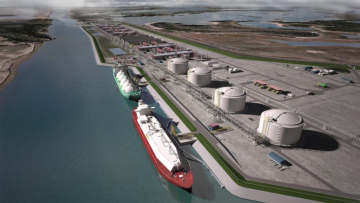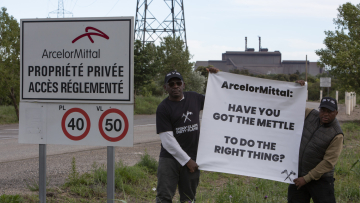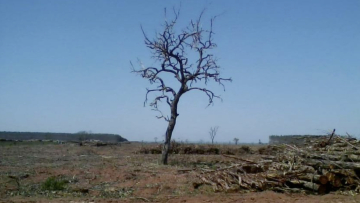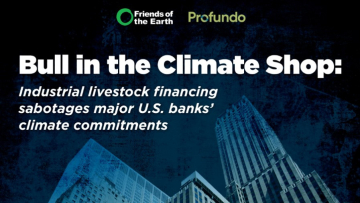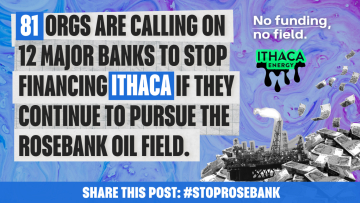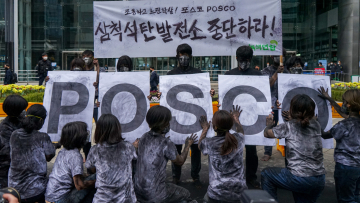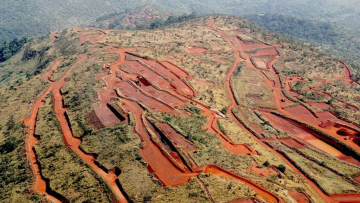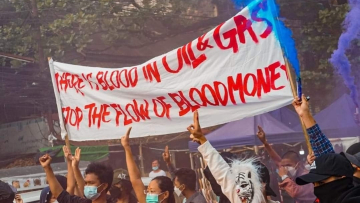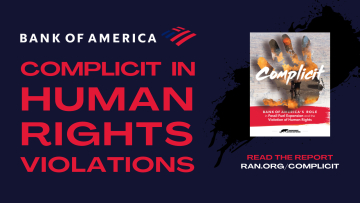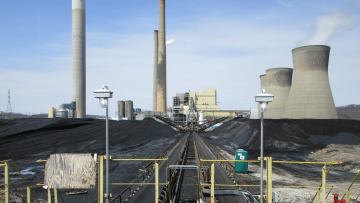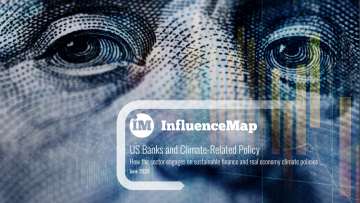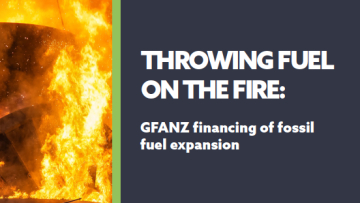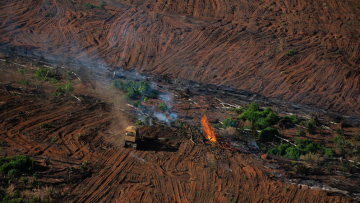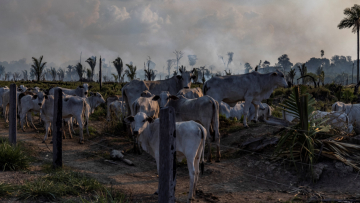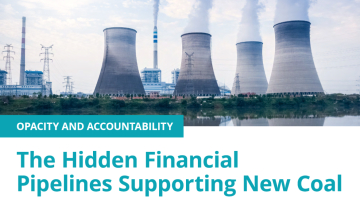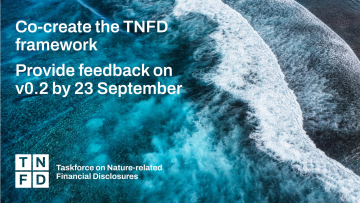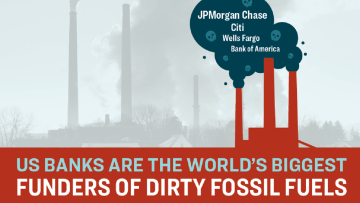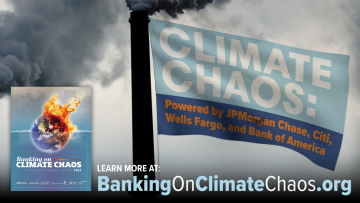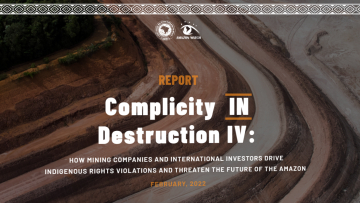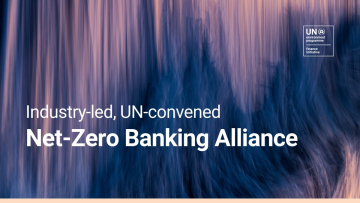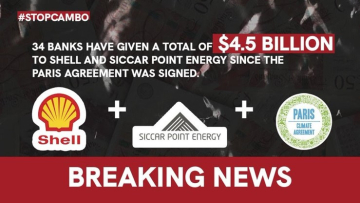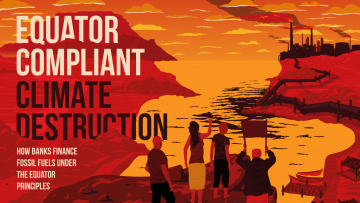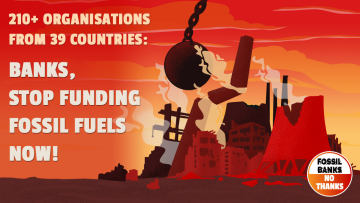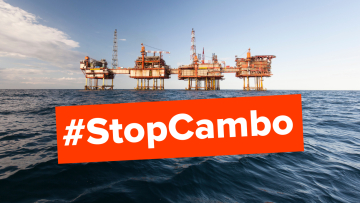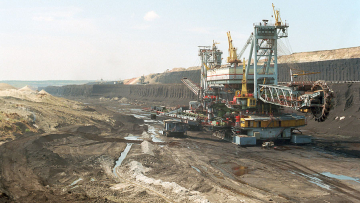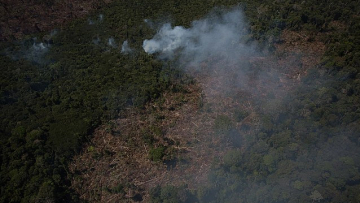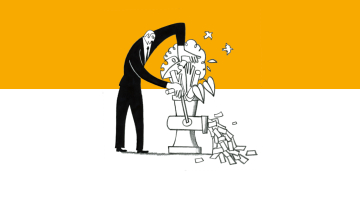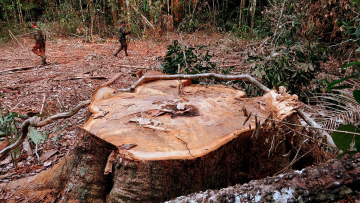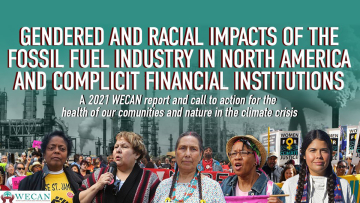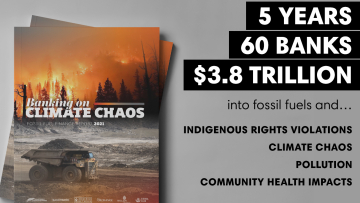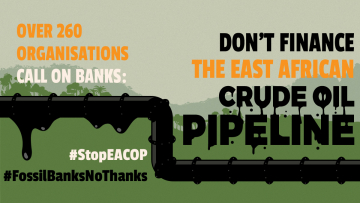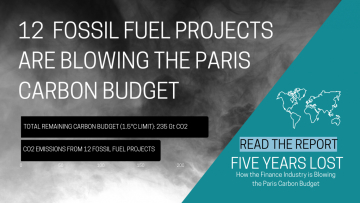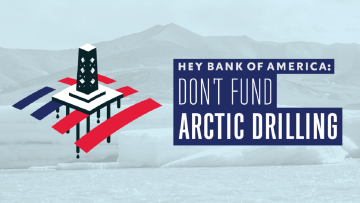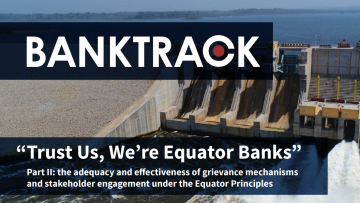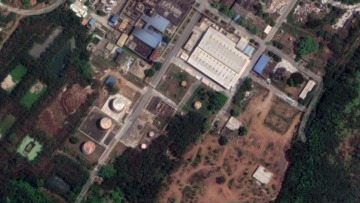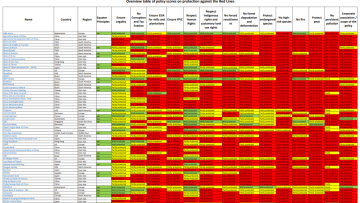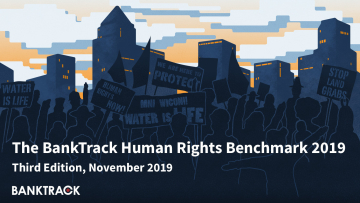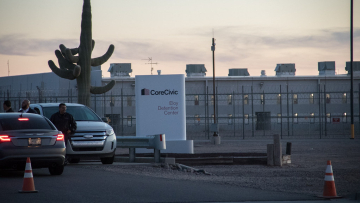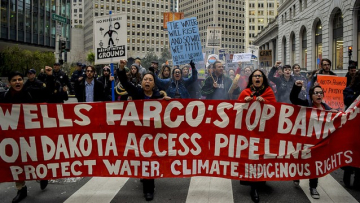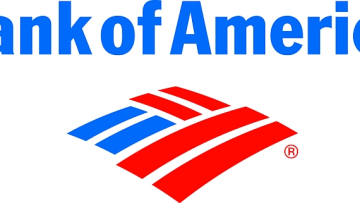
Active
This profile is actively maintained
Active
This profile is actively maintained| Website | http://www.bankofamerica.com |
| Headquarters |
100 North Tryon Street
28255 Charlotte, NC
United States
|
| CEO/chair |
Brian T. Moynihan CEO |
| Supervisor | |
| Ownership |
listed on NYSE & Tokyo Stock Exchange
Bank of America's shareholder structure can be accessed here. |
Bank of America is an American multinational banking and financial services corporation and is the second largest bank holding company in the United States by assets, and the fourth largest bank in the U.S. by market capitalization. The bank is a member of the Federal Deposit Insurance Corporation (FDIC). In 2008 Bank of America acquired Merrill Lynch, enabling the bank to become the world's largest wealth management corporation and a major investment bank.
Bank of America's most important sustainability commitments can be found at the website sections listed below.
Bank Of America is linked to a number of companies and projects that BankTrack considers controversial (so called Dodgy Deals), e.g. as a current or past financier or through an expression of interest. The profiles below provide more details on the nature of Bank Of America's link to these deals.
Bank of America provides an Ethics and Compliance Hotline, which it states can be used by any individual or group to report complaints or potential violations related to ethical concerns or other misconduct, including adverse human rights impacts. Complaints can be raised here. Stakeholders may also raise complaints via the OECD National Contact Points (see OECD Watch guidance).
This page evaluates Bank of America's responses to instances of alleged human rights violations linked to its finance, raised by civil society organisations. It is not intended to be exhaustive, but covers selected impacts raised by BankTrack and other civil society partners since 2016. For the full scoring methodology, see here. For more information about BankTrack's evaluation of bank responses to human rights impacts, see the 2021 report "Actions speak louder: assessing bank responses to human rights violations".
Banks and Climate
The 2025 Banking on Climate Chaos report showed that Bank of America provided $158.9 bn in financing to the fossil fuel industry between 2021 and 2024. In 2024 only, Bank of America provided $46.0 bn, including $23.5 bn for oil, gas and coal companies expanding fossil fuels. Bank of America was the second-largest fossil fuel financier in 2024. Find further details on Bank of America's fossil fuel portfolio and how it compares to other large banks globally on the Banking on Climate Chaos website below.
Partner organisation Reclaim Finance tracks the coal, oil and gas policies of financial institutions, including banks, in their Coal Policy Tool (CPT) and the Oil and Gas Policy Tracker (OGPT). BankTrack works closely with Reclaim Finance and endorses their policy assessments. Find further details on their assessment of Bank of America’s fossil fuel policy below.
Banks and Human Rights
BankTrack assessed Bank of America in its 2024 Global Human Rights Benchmark, where it achieved 6 points out of 15 and was ranked as a “follower”.
The bank scored 1.5 out of 3 points on the new “specific rights indicators”, which assess how banks address human rights defenders, Indigenous Peoples’ right to Free, Prior and Informed Consent and environmental rights in their policies and practices.
In addition, Bank of America scored 0 out of 3 on how it responds to alleged human rights violations linked to its finance, which were raised by civil society organisations. More information is detailed in the “Accountability” section of this profile.
The table below shows BankTrack's assessment of how Bank of America has implemented the UN Guiding Principles on Business and Human Rights. Please click on 'expand all details' and 'explanation' for further information on the methodology.
Our policy assessments are always a work in progress. We very much welcome any feedback, especially from banks included in the assessments. Please get in touch at humanrights@banktrack.org.
Global Human Rights Benchmark 2022
Global Human Rights Benchmark 2024
Banks and Nature
Bank of America’s policies for forest-risk sectors (beef, soy, palm oil, pulp and paper, rubber and timber) have been assessed by the Forests & Finance coalition, achieving an overall score of 3.5 out of 10 and ranking it as a follower. Bank of America achieved a score of 3.2 out of 10 specifically for its policies related to the beef sector and 5.9 out of 10 for its policies related to the palm oil sector. In addition, BankTrack and the Environmental Paper Network have assessed Bank of America’s policies related to the pulp and paper sector.
Between 2016 and 2022, Bank of America provided USD 4,955 million in credit to companies operating in these forest-risk sectors and held investments amounting to USD 27 million as of 2022. For more information, see the links below.
Forest & Finance Policy Assessment 2022: Overall scores
A bank can obtain a total of 10 points for the quality of its policies. The total score is based on their scores per sector, weighted against their financing and investment for each sector. For further details on this see here. Based on their overall score, banks are then classified as Laggards, Followers, Front runners or Leaders, as follows:
Forest & Finance Policy Assessment 2022: Beef
A bank can obtain a total of 10 points for the quality of its beef policy. The total score is based on their scores per sector, weighted against their financing and investment for each sector. For further details on this see here. Based on their overall score, banks are then classified as Laggards, Followers, Front runners or Leaders, as follows:
Forest & Finance Policy Assessment 2022: Palm Oil
A bank can obtain a total of 10 points for the quality of its palm oil policy. The total score is based on their scores per sector, weighted against their financing and investment for each sector. For further details on this see here. Based on their overall score, banks are then classified as Laggards, Followers, Front runners or Leaders, as follows:
Tracking the Net Zero Banking Alliance
Bank of America left the Net Zero Banking Alliance (NZBA) on 31 December 3 2024. Before that, as a NZBA member it had committed to reduce its financed emissions to net zero by 2050; within 18 months of joining the alliance set interim targets for 2030 (or sooner) for high emission priority sectors, and within 36 months set further sector targets; set new intermediary targets every 5 years from 2030 onwards; annually publish data on emissions and progress against a transition strategy including climate-related sectoral policies; and take a robust approach to the role of offsets in transition plans. BankTrack will keep track of Bank of America and other ex-NZBA member banks' climate action in a specific section of the NZBA tracker.
Banks and Steel
Partner organisation Reclaim Finance’s 2023 report on metallurgical coal financing showed that Bank of America provided US$ 6.7 billion in loans and underwriting to developers of new metallurgical coal between 2016 and 2022. Find further details on Bank of America’s metallurgical coal financing and and how it compares to other large banks globally in the report.
Reclaim Finance tracks the metallurgical coal policies of financial institutions, including banks, in their Coal Policy Tool. BankTrack works closely with Reclaim Finance and endorses their policy assessments. Find further details on their assessment of Bank of America’s metallurgical coal policy below.








